Past News
How a diagnostic tool used on cows might unlock a key to COVID-19 testing
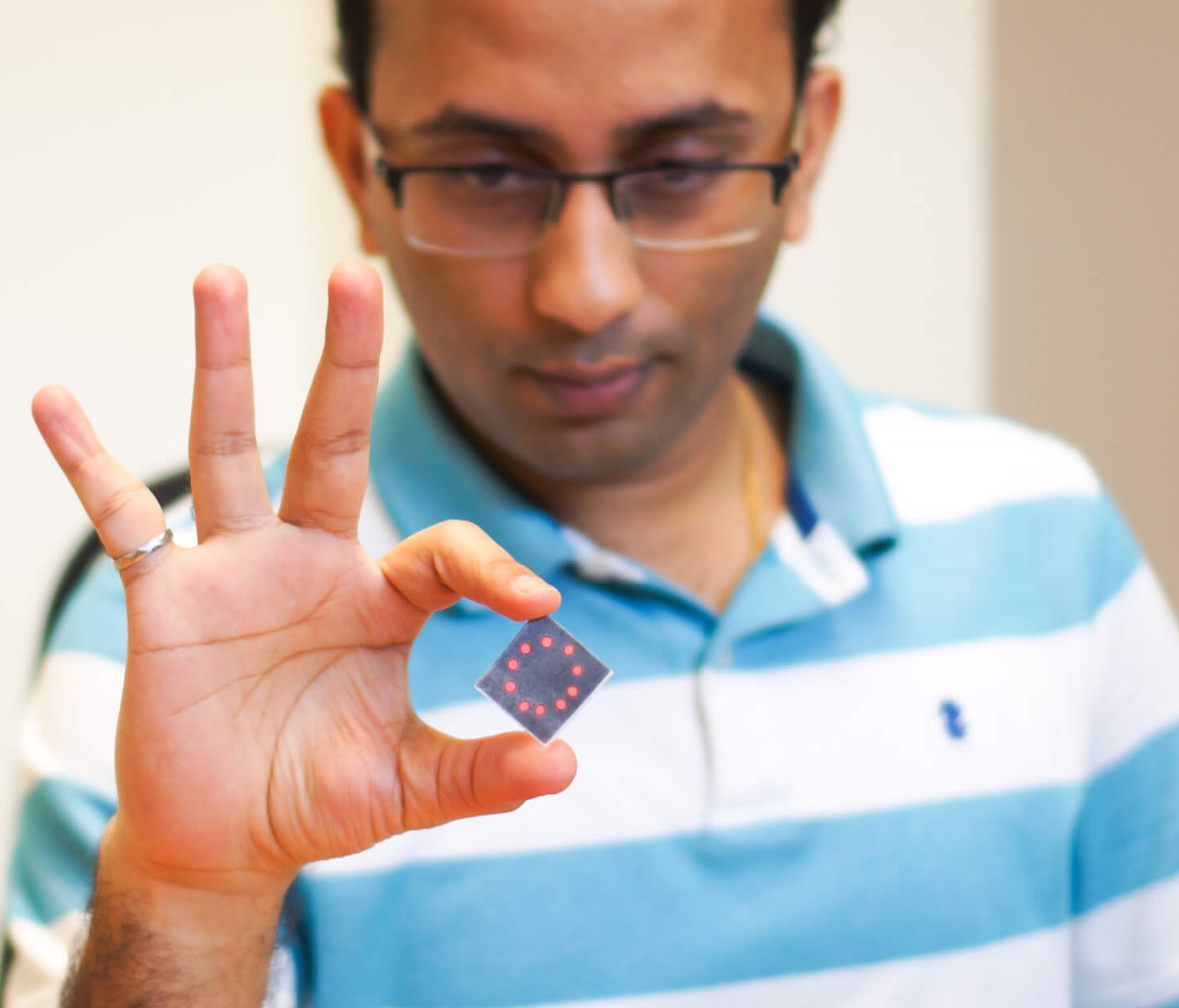
May 4, 2020
What do cows and COVID-19 have in common? Unless you’re Mohit Verma, assistant professor in Purdue University’s Department of Agricultural and Biological Engineering, the answer is probably not much. Verma’s research focuses on developing biosensors to monitor infectious diseases in bovines. Specifically, he studies how to diagnose Bovine Respiratory Disease (BRD), the most common bovine disease in beef cattle in the world. Detection of the disease can be difficult and costly. Verma’s lab develops methods for testing that are accurate, safe and less expensive for farmers and veterinarians.
How a diagnostic tool used on cows might unlock a key to COVID-19 testing
How Crises Affect the Sustainability of Tourism Businesses and Destinations

April 24, 2020
Tourism is an industry that contributes significantly to the local economy. It is also among the most affected during testing times – be it the current coronavirus pandemic or the looming climate crisis. But how exactly will the climate crisis impact the sustainability of travel businesses and destinations?
How Crises Affect the Sustainability of Tourism Businesses and Destinations
Water quality could change in buildings closed down during COVID-19 pandemic, engineers say
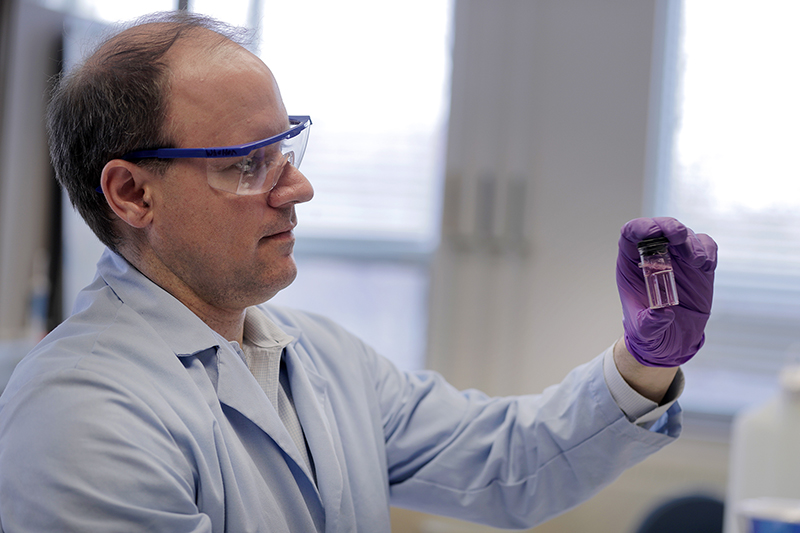
April 14, 2020
WEST LAFAYETTE, Ind. — While restaurants, gyms, schools and other buildings are closed indefinitely to prevent the spread of COVID-19, water left sitting in pipes could change in quality. It’s possible that water left sitting for long periods of time could contain excessive amounts of heavy metals and pathogens concentrated in pipes nationwide, say researchers who have begun a field study on the impact of a pandemic shutdown on buildings.
Water quality could change in buildings closed down during COVID-19 pandemic, engineers say
Farmers Who Rent Less Likely To Do Practices That Improve Soil, Water
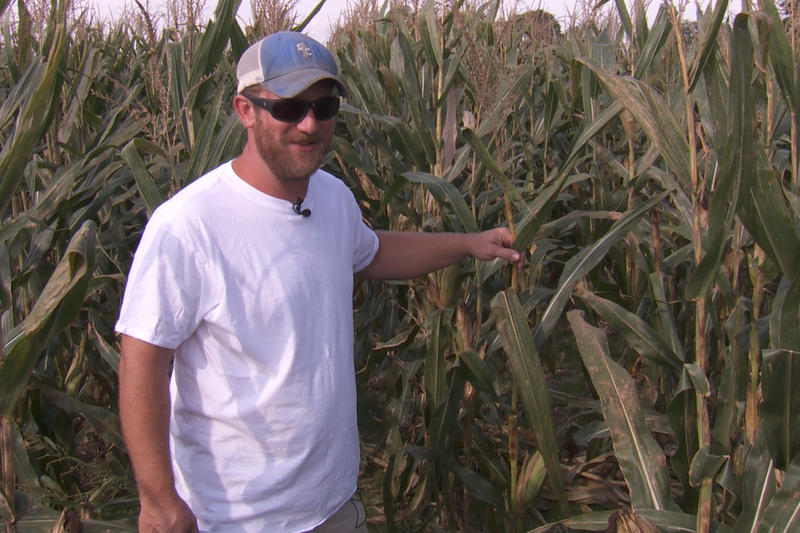
April 9, 2020
Almost half of all Indiana farmland isn’t owned by the farmer who works it — it’s rented out. In the same way people who rent apartments are unlikely to invest in them, studies show farmers who rent land are less likely to do conservation practices. These practices improve the soil, the water quality, and make farms more resilient to the effects of climate change. Researchers say in order to get more farmers to adopt these practices, landowners are going to have to become more involved with what goes on on the farm.
Farmers Who Rent Less Likely To Do Practices That Improve Soil, Water
Two-stage ditches reduce nitrogen pollution while draining farm fields

March 30, 2020
Sara McMillan at Purdue University and Jennifer Tank at University of Notre Dame are monitoring nitrogen and phosphorus loads coming from two-stage ditches in farmland waterways to document how effective restored floodplains are at holding nutrients in place. “By restoring mini-floodplains on each side of these formerly channelized ditches, you add the potential for enhanced biology and hydrology to cleanse the water through nutrient and sediment removal,” said Tank, whose primary work is in ecology and environmental biology.
Two-stage ditches reduce nitrogen pollution while draining farm fields
Lobbying effort for ag research funding
March 29, 2020
WASHINGTON — Illinois and Indiana university representatives and a Certified Crop Adviser were recently on Capitol Hill to urge lawmakers to continue agricultural research funding. Todd Steinacher, AgriGold regional agronomist, was part of a four-member team in his role as a Certified Crop Adviser board member. Other team members were Sylvie Brouder, Purdue University agronomy professor and American Society of Agronomy president; Jeff Volenec, Purdue agronomy professor and American Society of Agronomy president-elect; and Neha Chatterjee, University of Illinois Urbana-Champaign biogeochemistry doctorate student.
Don’t fear eating your fruits and veggies as virus concerns grip nation
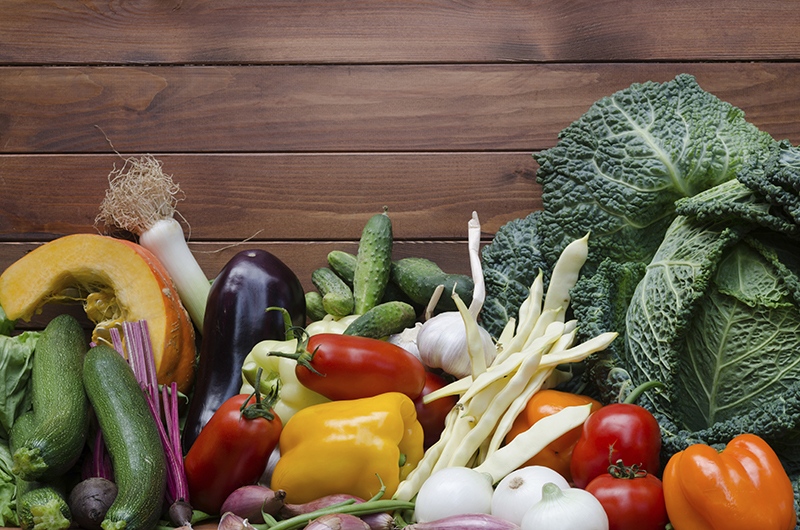
March 17, 2020
Modern supermarkets with their many open displays of fruits and vegetables are truly a marvel and a reminder that our nation enjoys the safest and most abundant food supply in the world. However, in the face of the current nationwide COVID-19 outbreak, many questions about the safety of fresh fruits and vegetables have arisen. According to Amanda Deering, an Extension specialist in Purdue’s Department of Food Science, current research indicates that the virus is not foodborne or food-transmitted.
Don’t fear eating your fruits and veggies as virus concerns grip nation
Purdue Political Science Graduate Student Named a Recipient of a Chateaubriand Fellowship
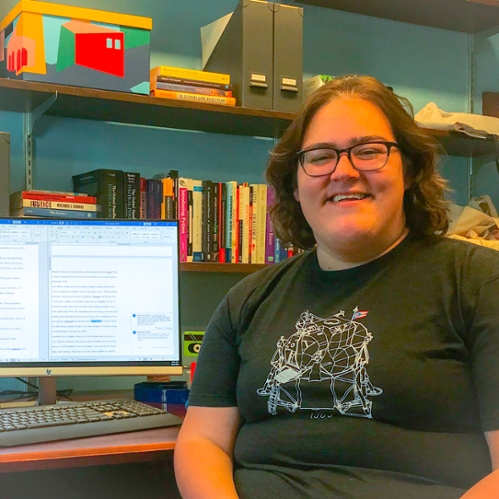
March 16, 2020
Purdue Political Science graduate student Janel Jett will spend most of spring semester in Paris, France, as a recipient of a Chateaubriand Fellowship, a grant provided to Ph.D. students at American universities by the Embassy of France in the United States. During her time in France, Jett will collaborate with social psychologists at Paris Descartes University on a series of survey experiments examining temporal frames and how construal of climate change initiatives as restorative versus progressive impacts policy support.
Purdue Political Science Graduate Student Named a Recipient of a Chateaubriand Fellowship
Faculty NSF-Funded Project produces More Accurate Climate Model

March 9, 2020
By 2030, global warming alone could push Chicago to generate 12% more electricity per person each month of the summer. If the city generated any less electricity, it would be risking a power shortage that may require drastic measures to avoid rolling blackouts, according to projections from a model designed by Purdue University researchers.
Faculty NSF-Funded Project produces More Accurate Climate Model
The Silent Work of Forests
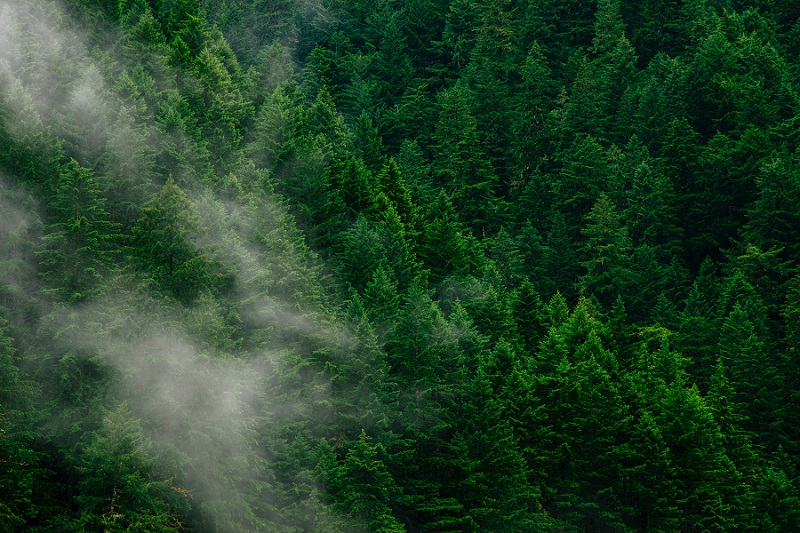
March 2, 2020
In a mature forest, woody vines, flowering shrubs, ferns and other plants all blend together in a medley of greens and browns on a floor shaded by a thick overstory. To the casual hiker, a cluster of saplings standing a few feet tall isn’t much to stop and look at. Gordon McNickle, however, sees something that most people don’t. Those saplings, just a few leaves shooting off from thin green stems, have been locked in a waiting game for years. If the opportunity arises, they’ll set off on an arms race that will end with only one survivor.
